
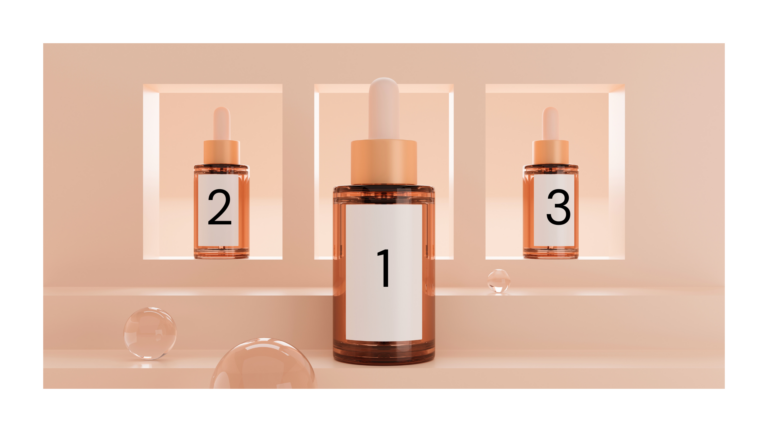
In today’s competitive skincare market, establishing and maintaining trust with your customers is crucial for sustained business success. Trust doesn’t just foster loyalty; it turns satisfied customers into true advocates for your brand. This is particularly important in an industry where products significantly affect users’ wellbeing and self-esteem. Here, we delve into three essential steps that skincare companies can take to build and strengthen brand trust. 1/ Gain a Deep Understanding of the Skincare Products You Are Creating Knowledge is power, particularly when it comes to formulating skincare products. For instance, if you are developing a product with Vitamin C,
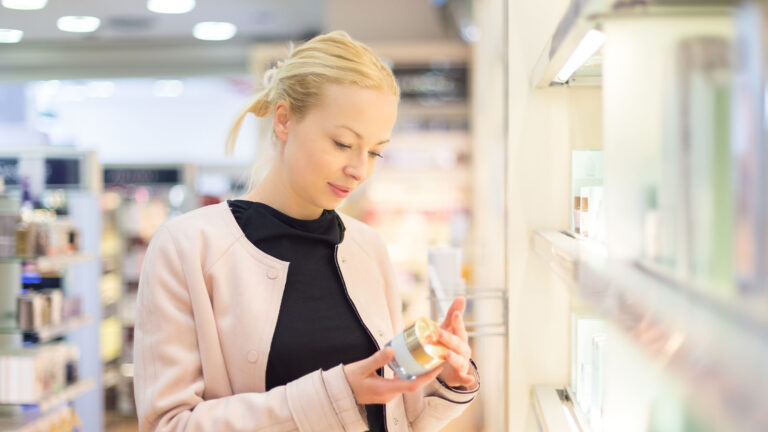
To access this post, you must purchase pH HPC Magazine, pH HPC Magazine – Per 2 Months or pH HPC Magazine – Per Year.
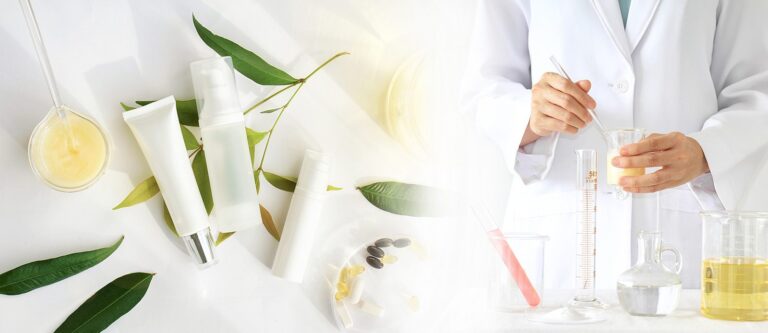
To access this post, you must purchase pH HPC Magazine, pH HPC Magazine – Per 2 Months or pH HPC Magazine – Per Year.
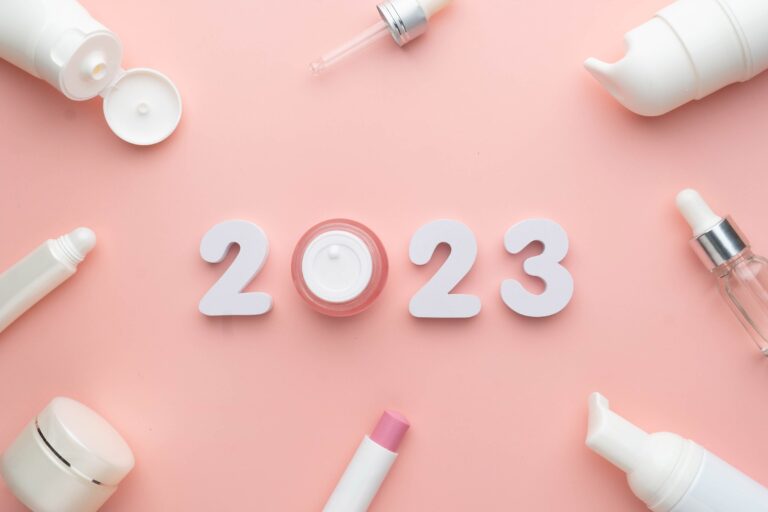
To access this post, you must purchase pH HPC Magazine, pH HPC Magazine – Per 2 Months or pH HPC Magazine – Per Year.
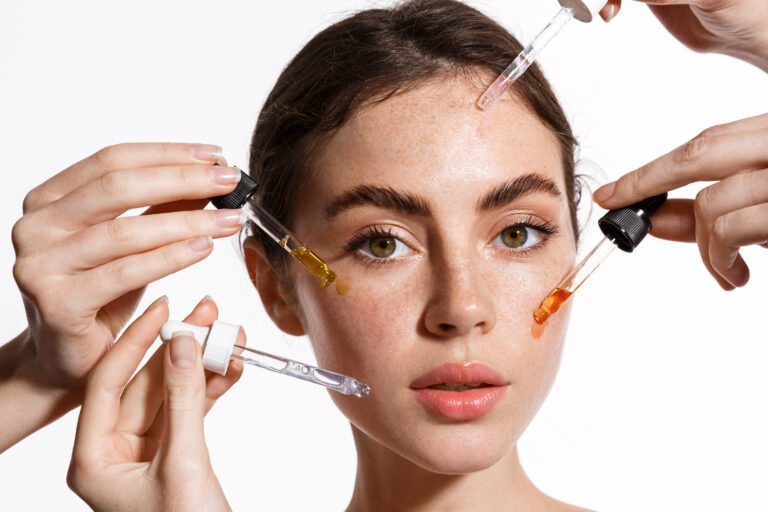
What is allowed in the Cosmetic Industry? Examples: Phenoxyethanol is in Schedule 6 and cannot be used at more than 1% in a cosmetic. Bitter orange oil is in Schedule 5 and is considered a cosmetic when used in soaps or bath or shower gels that are washed off the skin, when used at 1.4% or less, or in other preparations when labelled with “application to the skin may increase sensitivity to sunlight”.
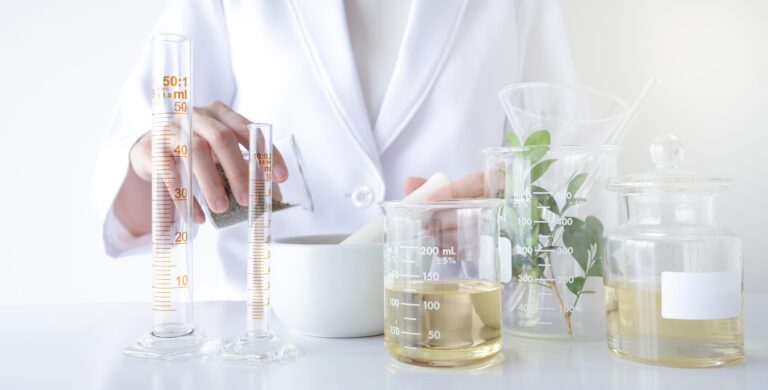
It is hard as consumers, formulators and educators in this space to navigate through the confusions of terms that are continually thrown around such as “pro-biotic skincare†or “Pre-biotic Health†or “microbiome friendly†ingrediets, Coupled with the fact that there is no official regulation or definitions around these terms, it’s easy to see the confusion throughout the skin-science community. How can this growing claim in our personal care industry, be validated?
©2023 ph Factor | We Create The Different | Suite 1, 8a Fisher Place Narwee NSW 2209 | Ph: (02) 9533 1751 | Site Credit
©2023 ph Factor | We Create The Different | Suite 1, 8a Fisher Place Narwee NSW 2209 | Ph: (02) 9533 1751 | Site Credit